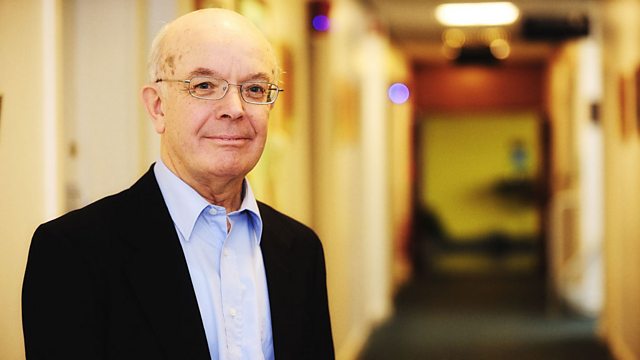
Do World War commemorations help us understand conflict?
To mark the Battle of Passchendaele centenary, Roy Jenkins asks what role commemorative events play in helping us understand conflict, and what churches have to do with it.
This week marks the centenary of the Battle of Passchendaele. More than three months of fighting over a tiny area of Flanders mud cost at least half a million Allied and German casualties. This third Battles of Ypres has become an international symbol of the futility of war.
Ellis Humphrey Evans – the poet Hedd Wyn from Trawsfynydd – died on the opening day of that campaign and next week’s National Eisteddfod in Anglesey holds a series of reflections on his life and work.
The Senedd in Cardiff Bay is about to host the Weeping Window display, several thousand of the ceramic poppies which attracted huge numbers when they poured out of the Tower of London - and across Wales the first world war is being marked by exhibitions, lectures, debates, religious services and many other events, together with fresh initiatives to enable children to understand both its significance, and the value of working for peace.
In the hundred years since the war, it’s been analysed from virtually every angle, and today we ask how much we’ve actually learned from all this. What role do commemorative events play in helping us understand conflict, and what have the churches to do with it? And, at a time of rapidly changing international relationships, is the world really any more dangerous than it was a hundred years ago?
Joining Roy Jenkins are Dr. Philip Jenkins, distinguished Professor of History at Baylor University in Texas; Simon Barrow, co-Director of the Christian think-tank Ekklesia; Dr. Jenny Mathers, Reader and Head of the Dept. of International Politics at Aberystwyth University; and the historian Dr. Elin Jones.
Last on
More episodes
Broadcast
- Sun 30 Jul 2017 09:0391�ȱ� Radio Wales
Podcast
-
![]()
All Things Considered
Religious affairs programme, tackling thorny issues in a thought-provoking manner

